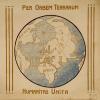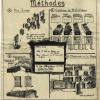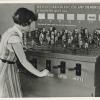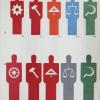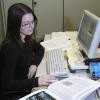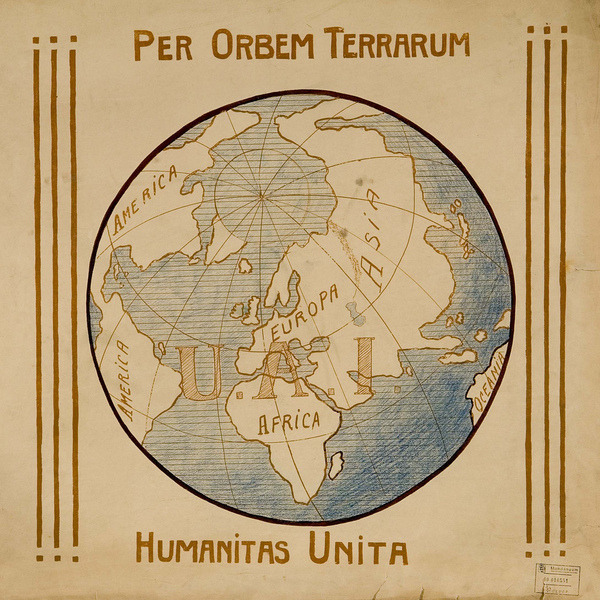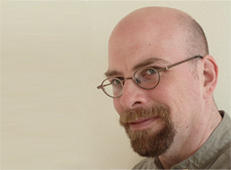'There is a common language, a common logic, a common mathematics...'
In the 1800s, the apparently universal reach of communication, combined with the scientific principles of universal classification and organization, began to inspire dreams of universal information systems that would bring about world peace.
These dreams often came from people who themselves originated from multi-lingual environments or countries. The linguist Ludwig Zamenhof (1859–1917) in the Russian empire proposed the universal language of Esperanto in 1887. Belgian lawyers Paul Otlet (1868–1944) and Henri LaFontaine (1854–1943) were both international lawyers who were also heavily concerned with the cause of peace and international understanding. To help co-ordinate efforts and communication, they founded the Central Office of International Associations, which in 1910 became the Union of International Associations.
Otlet and LaFontaine also believed that understanding could be created via a common way of classifying knowledge. Otlet wrote later in his Traité de Documentation in 1934: "There is a common language, a common logic, a common mathematics. We must create a common bibliology – a way of writing, publishing and distributing the data of science." To hold all of this knowledge, they proposed – also in 1910 – a universal library: a World Palace or (as it is now known), Mundaneum.
Ideas for the Mundaneum evolved over time, although it is notable that all of the proposed locations proposed were in Europe. The Mundaneum was originally envisaged as the center of a new "world city" near Antwerp, Belgium. In 1929, Otlet commissioned the famous modernist architect Le Corbusier to build a Mundaneum at the center of the international communities in Geneva, Switzerland.
Eventually, the Mundaneum was housed in a former department store in Mons, Belgium.

How to cite this page
Alexander Badenoch, ''There is a common language, a common logic, a common mathematics...'', Inventing Europe, http://www.inventingeurope.eu/story/there-is-a-common-language-a-common-logic-a-common-mathematics
Sources
- Van Acker, Wouter. "Internationalist Utopias of Visual Education. The Graphic and Scenographic Transformation of the Universal Encyclopaedia in the Work of Paul Otlet", Patrick Geddes, and Otto Neurath. In Perspectives on Science, Vol.19, nr.1 (2011), p.32-80
- Rayward, W. Boyd, The Universe of Information: the Work of Paul Otlet for Documentation and international Organization. FID Publication 520; Moscow: Published for the International Federation for Documentation by the All-Union Institute for Scientific and Technical Information (Viniti), 1975 https://www.ideals.illinois.edu/handle/2142/651





